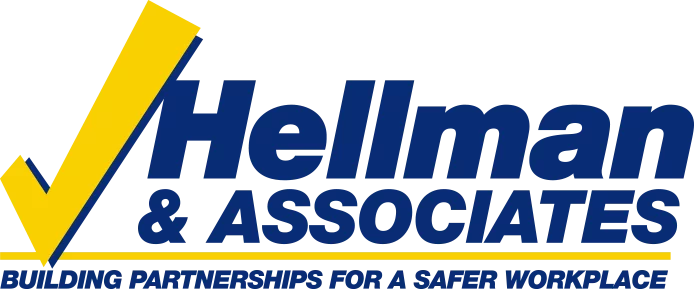OSHA Standard: 1926.501-.503
Fall protection must be provided for each employee who is exposed to a fall of 6 feet or greater or who may fall onto or into dangerous equipment. Fall protection must be provided for each employee who is walking or working on a surface that has unprotected sides or edges.
Company management must evaluate the work area to determine if a fall hazard exists. If there is a fall hazard, then the company must develop the following:
- A fall protection program which would include training, fall protection plan development, proper selection fall protection equipment, and review of the program on a regular basis.
Some examples of areas where fall protection may be required include:
- Leading edge work, Roofing activities, Wall openings, Sky lights, Holes in Floors, Excavations, and work above dangerous equipment.
Certain fall protection equipment is required to meet standards set by the American National Standards Institute (ANSI) such as harnesses and lanyards. This equipment must be used in accordance with these standards at all times. Some of the requirements of the standard include:
- Anchorage points for Fall Arrest Systems (FAS) must withstand 5000 lbs of force per worker attached.
- The arresting force on your body for FAS must not exceed 1800 lbs.
- A fall protection harness must be inspected before each use and by a competent person in accordance with the manufacturers’ requirements.
- Harness must be taken out of service if there are any cuts, worn webbing, torn buckles, loose stitching, ect…. Or if they were used in an actual fall event
Several other types of fall protection exist including, Guardrail systems, Safety Nets, Safety Monitors, and Warning lines. Be sure to use the type you have been trained to use and then use it properly.
